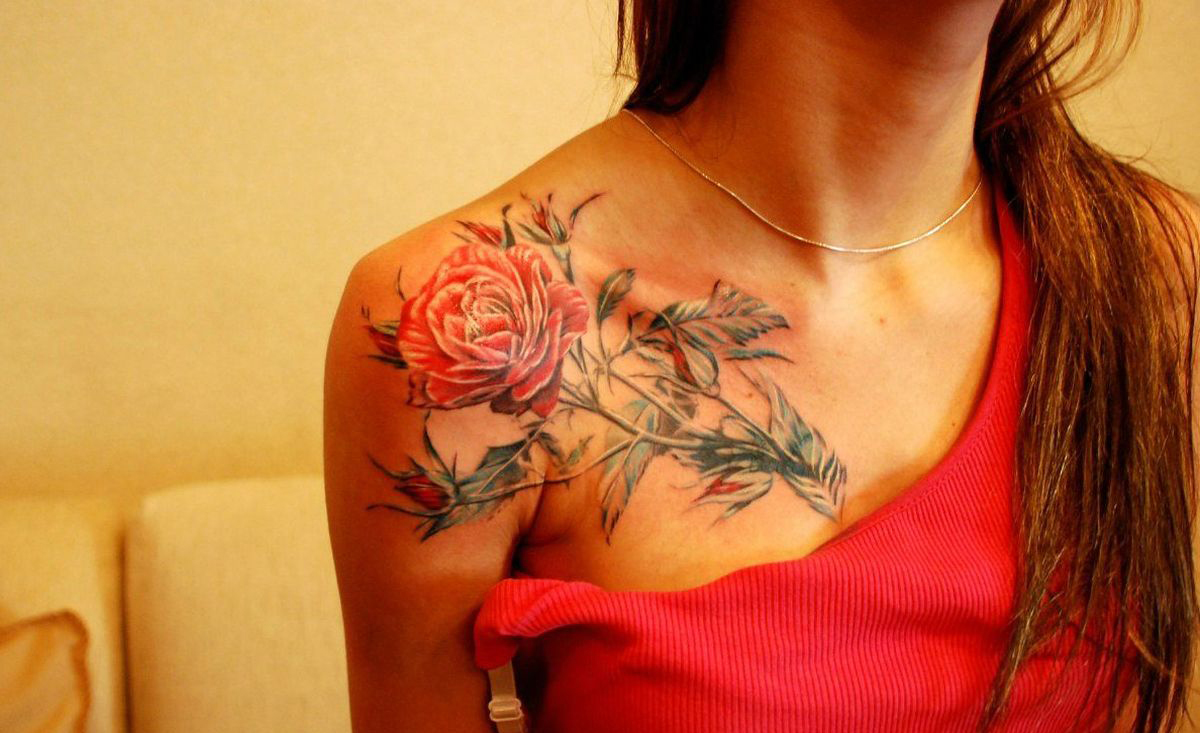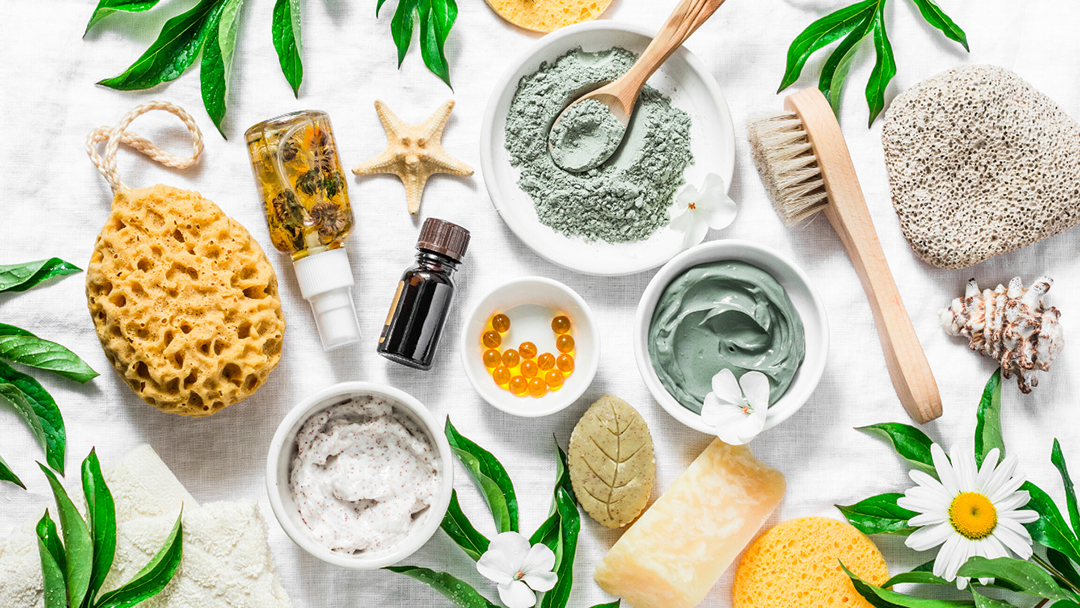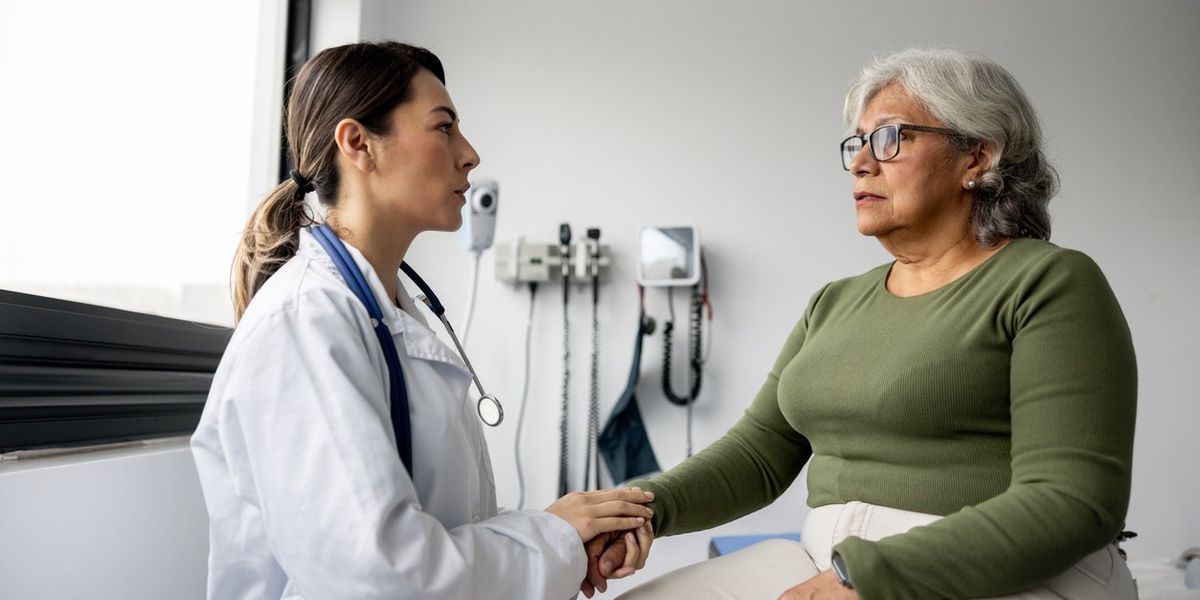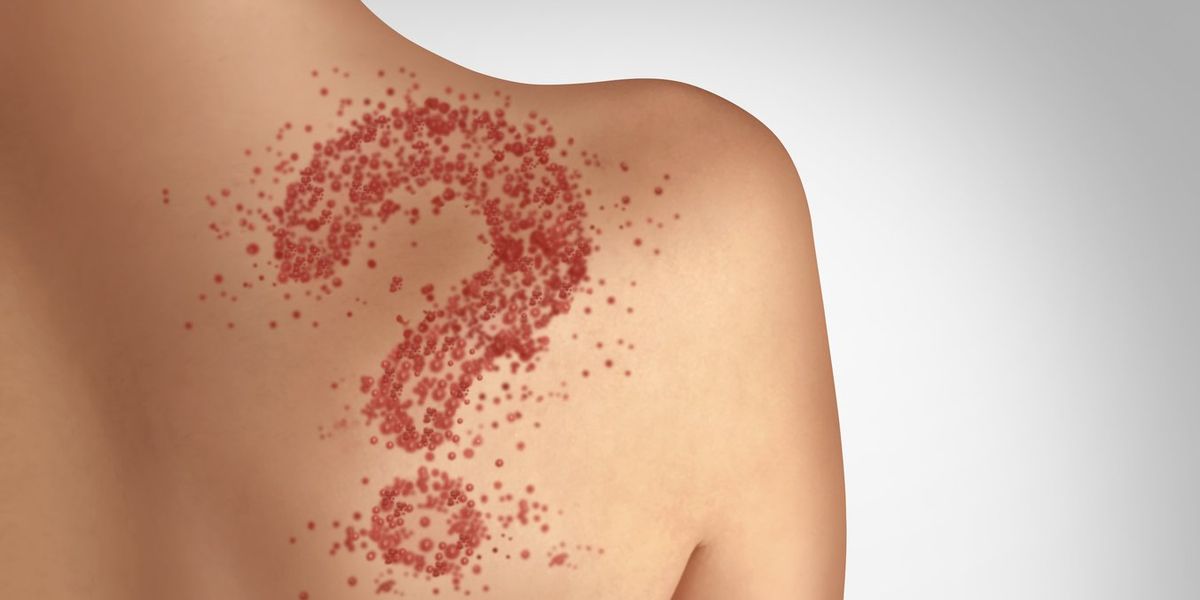Are Beauty Supplements Safe for Teens? Experts Break Down the Facts
Once upon a time, teen beauty routines were all about sparkly lip gloss, butterfly clips, and the occasional peel-off mask—but beauty supplements? Not exactly on the radar.
Today, it’s not uncommon to see teens reaching for gummies, powders, and vitamins that promise clearer skin, stronger hair, or glowier everything. With TikTok trends and social media influencers advertising beauty supplements to image-conscious teens, many parents are left wondering if these products are safe, effective, or even necessary.
We talked to experts to find out whether the most popular beauty supplements are safe for teens, the risks and potential benefits, smart alternatives, and how to navigate conversations around body image—plus when it might be time to consult a health care provider.
What Are Beauty Supplements?
A quick search for “beauty supplements” on TikTok reveals that people of all ages are thanking various gummies, powders, and capsules for their flawless skin or glossy hair. So what are they, exactly?
“Usually, [beauty supplements] are oral products marketed to enhance the appearance of skin, hair, and nails,” explains Joel Schlessinger, MD, a board-certified dermatologist and cosmetic surgeon and founder of the Schlessinger MD Skin Research Center. “They typically contain a mix of vitamins like biotin, vitamin C, and vitamin E, along with collagen peptides, zinc, and various botanical extracts such as horsetail or bamboo silica,” he explains. “Some contain vitamin A derivatives, which require careful attention to dosing.”
Unlike prescription drugs, which must be proven safe and effective before they hit the market, beauty supplements (classified as dietary supplements) don’t need FDA approval before being sold to consumers.
How Safe Are Beauty Supplements for Teens?
Beauty supplements are generally safe when taken as directed, but typically aren’t necessary for healthy teenagers, says Daniel Schlessinger, MD, a fellow board-certified dermatologist and cosmetic surgeon at Schlessinger MD Skin Research Center. “It really depends on what is in the supplement and whether you are getting that from your diet or other multivitamins,” he says.
Registered dietitian Elisabetta Politi, CDCES, MPH, RD, notes that research studies have yielded mixed results on the effectiveness of supplements, and they are not a substitute for a healthy diet. “If a teen insists on taking them, I recommend choosing a product with the USP mark on the label (United States Pharmacopeia, indicative of a safe and reliable product) and not to exceed the recommended daily dose,” she says.
It is especially important to monitor vitamin A intake due to its potential for toxicity, advises Dr. Schlessinger. “Excessive intake can lead to a variety of health issues depending on the dose,” he says. Politi notes that excessive vitamin A intake is associated with decreased bone density and an increased risk of fractures, and the recommended daily maximum dosage is 900 mcg.
However, the biggest challenge for beauty supplements is the lack of safety monitoring, says Dr. Schlessinger. “They are simply not regulated, so the consumer is taking the word of the manufacturer that they contain safe ingredients.”
Helpful (and Safe) Supplements for Teens
For healthy teens, most beauty supplements probably aren’t necessary (and may not do much at all). That said, there are a few instances when teens may benefit from targeted ingredients found in supplements.
“For acne, vitamin A-containing supplements like Jane Iredale Accumax do help,” says Dr. Schlessinger. He also recommends a Heliocare Antioxidant Supplement for sun sensitivity. ”[It’s] an antioxidant that helps protect against burning in the sun by reducing free radicals. It is also all-natural,” he explains.
Still, oral supplements shouldn’t be the first line of defense. “I always tell parents to focus on what we know works—proven topical treatments,” says Dr. Joel Schlessinger. For skin, he recommends dermatologist-developed products that contain active ingredients like glycolic acid and salicylic acid. For hair or nail issues, he points to clinically studied options like Viviscal and Dermanail.
Politi adds that supplements may also provide benefits if they address problems such as low vitamin D levels or iron deficiency.
Everyday Habits That Support Skin, Hair, and Nail Health
Luckily, there are plenty of simple ways teens can support the overall glow they’re looking for, and it starts with daily habits. “I emphasize avoiding damaging behaviors,” says Dr. Joel Schlessinger. “No picking at skin or popping pimples, avoiding overly tight hairstyles, and leaving cuticles alone.”
Nutrition also plays a big role. Politi recommends staying well-hydrated and eating a well-balanced diet rich in lean protein, healthy fats, vegetables, fruits, and whole grains. Getting enough sleep, maintaining a healthy weight, and reducing stress can also make a big difference.
Here are a few more ways teens can support their beauty goals without supplements:
For Healthy Hair:
- Keep ponytails and braids loose; use soft or covered hair ties.
- Limit heat styling and harsh chemical treatments.
- Rinse and condition after swimming to remove pool chemicals.
- Wear a wide-brimmed hat in the sun to protect your hair and scalp.
For Healthy Nails:
- Keep nails clean and dry to prevent bacteria and fungus.
- Cut nails straight across and round the edges slightly.
- Don’t bite nails or pick at cuticles.
- Avoid using nails as tools (like opening cans).
- Trim toenails regularly to avoid injury or ingrown nails.
- Don’t try to dig out ingrown toenails (see a doctor if needed).
For Healthy Skin:
- Apply sunscreen every day before going outside.
- Avoid smoking, as it speeds up how quickly your skin ages.
- Use self-tanners instead of tanning outside or using a tanning bed.
- Wash your face in the morning, before bed, and after sweating.
How to Talk to Your Teen About Body Image
It’s completely normal for teens to feel self-conscious about how they look, especially as their bodies change and they’re exposed to highly unrealistic beauty standards on social media.
If your teen is concerned about their appearance, what matters most is creating an open and judgment-free space for them to ask questions and express their feelings, and Dr. Joel Schlessinger’s advice focuses on just that: “I tell parents to validate their teens’ concerns about appearance—these feelings are real and important to them. Rather than dismissing their interest, I suggest redirecting to focus on a quality multivitamin instead, or [safe] supplements. Focus the conversation on establishing good skincare routines and healthy habits rather than criticizing their interest in beauty products.”
Here are a few more tips for helping your teen navigate negative feelings about their body:
- Encourage them to find things they like about their body—and to point out at least two of them every time they look in the mirror.
- Help them focus on the incredible things their body can do, whether it’s playing a sport, dancing, swimming, or everyday movements like running, climbing, and walking.
- Remind them to speak to themselves as they would to a friend: kindly, respectfully, and encouragingly.
Most importantly, help your teen understand that what they see on social media doesn’t always reflect reality, especially when it comes to beauty advice. Dr. Daniel Schlessinger explains,
“Much of the demand [for beauty supplements] has been artificially created through influencer marketing, which is biased and based on paid endorsements and unrealistic beauty standards, not medical science.”
The bottom line? If a product seems too good to be true, it probably is. As Dr. Joel Schlessinger points out, “Beauty supplements are often invented products with claims that are absolutely not tested or even realistic.”
When to Contact a Health Care Provider
If your teen is experiencing persistent hair, skin, or nail issues, such as acne, rashes, or hair loss, it’s best to consult a medical professional for evaluation.
For acne in particular, Dr. Daniel Schlessinger’s advice is simple: “There is no benefit in waiting it out. Early intervention prevents acne scarring, which can be permanent. If over-the-counter acne treatments aren’t showing improvement after six to eight weeks, it’s time to see a dermatologist.”
For some teens, physical issues are not the only concern—it’s their mental health that struggles. Body-image issues can increase vulnerability to mental health disorders such as depression, anxiety, and eating disorders. If your teen is showing increased stress, withdrawing from social activities, or resorting to risky behavior in an attempt to improve their appearance, it’s important to contact a mental health professional.
Source link
Share this article:

:max_bytes(150000):strip_icc()/parentsbeautysupplements-100bd6ac4ad84f25a4e17c8f992c925f.png)










